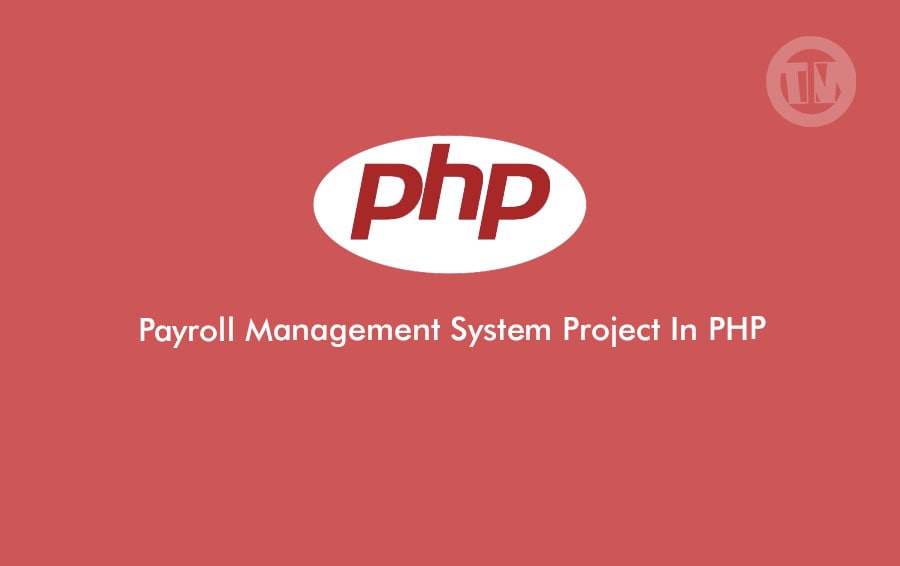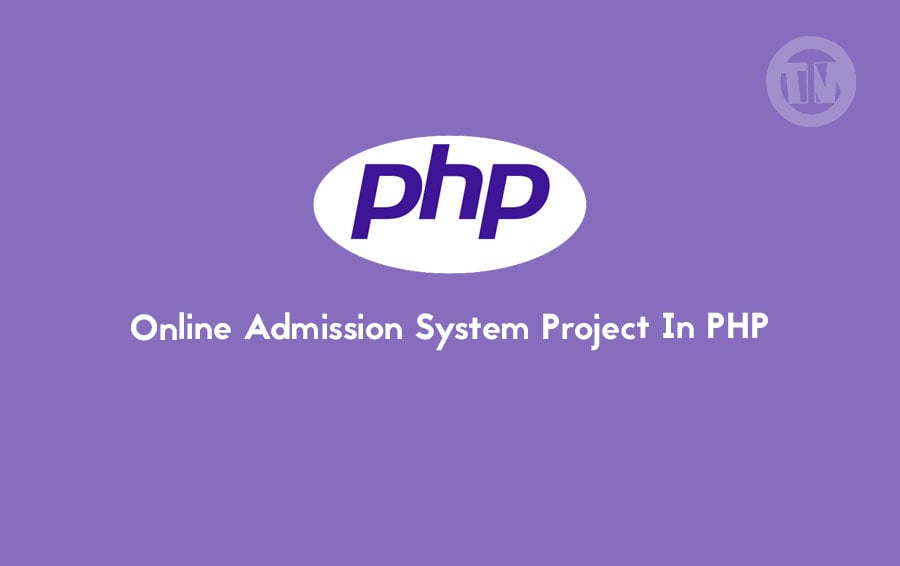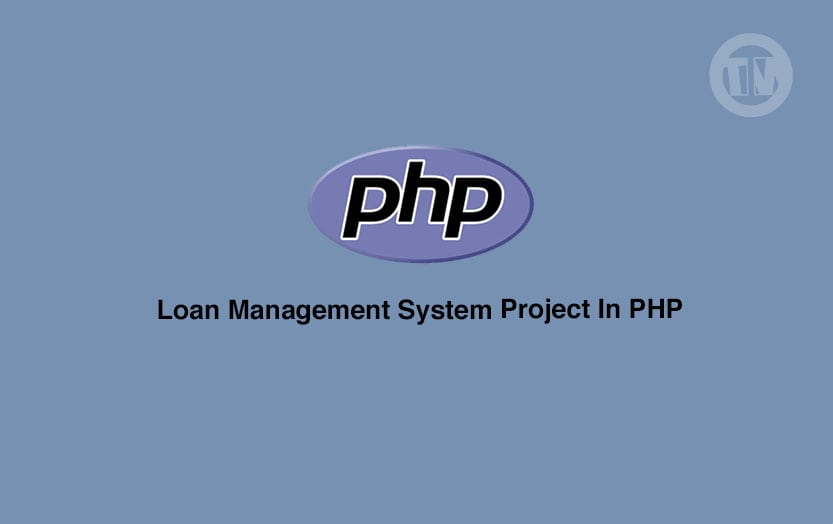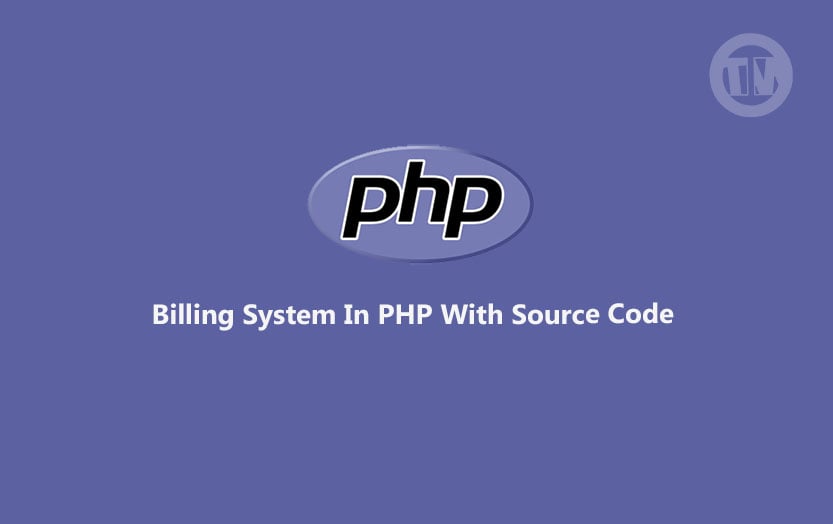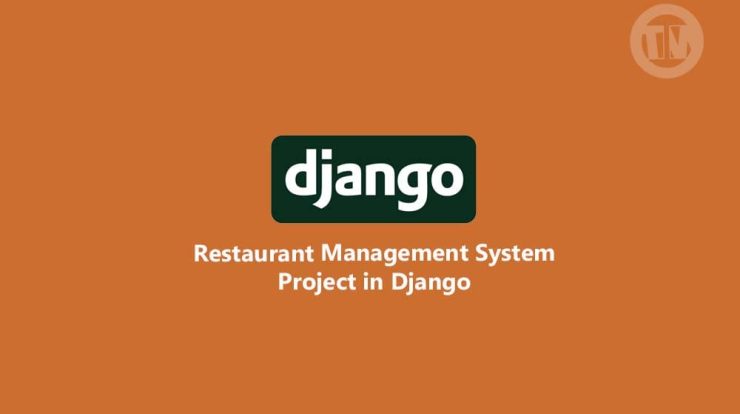
In the fast-paced world of the culinary industry, managing a restaurant efficiently is essential for success. With the advent of technology, Restaurant Management Systems have emerged as indispensable tools for restaurateurs to streamline their operations, enhance customer experiences, and boost overall profitability.
In this article, we delve into the intricacies of a Restaurant Management System Project developed using the powerful Django framework.
Understanding the Significance of Restaurant Management Systems
The restaurant business involves a complex web of activities that range from order taking and food preparation to inventory management and customer service. As the competition in the food industry intensifies, managing these operations manually becomes both challenging and error-prone. This is where a well-designed Restaurant Management System steps in.
Admin Features
When it comes to managing the restaurant’s operations, the admin is equipped with a range of powerful features:
- Comprehensive User and Order Management – The admin gains access to a personalized dashboard that provides a bird’s-eye view of all users and orders. This centralized hub enables efficient tracking and management of customer interactions and order statuses.
- User and Product Management – Admin privileges extend to adding and editing users as well as food products. This flexibility ensures that the system remains up-to-date and reflective of the restaurant’s offerings.
- Dynamic Pricing with Discounts – The admin has the authority to introduce discounts for food products. The pricing of items dynamically adjusts to reflect these discounts, allowing for strategic promotional activities.
- Expense Tracking and Visualization – To maintain transparent financial oversight, the admin can effortlessly input daily expenditures into the dashboard. These figures are visually presented through graphs, aiding in informed decision-making.
- Effortless Order Management – The admin takes charge of confirming the arrival of each order. Additionally, the admin assigns delivery personnel to recipients, ensuring seamless and timely deliveries.
Customer Features
Customers are provided with an array of convenient functionalities to enhance their dining experience:
- Browse Food Brands and Prices – Customers can peruse various food brands categorized by regions such as Negros Best Foods, Iloilo Best Foods, Manila Best Foods, and Cebu Best Foods. The most up-to-date prices are displayed alongside each brand, assisting customers in making informed choices.
- Personalized Cart – Each customer enjoys their own personalized cart, enabling them to add multiple quantities of diverse food products. This intuitive feature streamlines the ordering process.
- Effortless Ordering Process – Depending on the contents of their cart, customers can effortlessly place orders. This ensures a smooth transition from selecting items to confirming their choices.
- Order History Tracking – Customers have the ability to review their entire order history. This feature allows them to recall previous preferences and streamline future orders.
Delivery Features
For the delivery personnel, a suite of features is available to ensure efficient order fulfillment:
- Seamless User Experience – The delivery personnel interface offers a user-friendly experience that aligns with the customer’s needs.
- Order Assignment Management – Delivery personnel can access a list of orders assigned to them for delivery. This facilitates organized and timely order dispatch.
- Order Fulfillment Confirmation – Upon successfully delivering an order, delivery personnel can promptly confirm the fulfillment status, contributing to accurate order tracking.
Download Restaurant Management System Source Code in Django
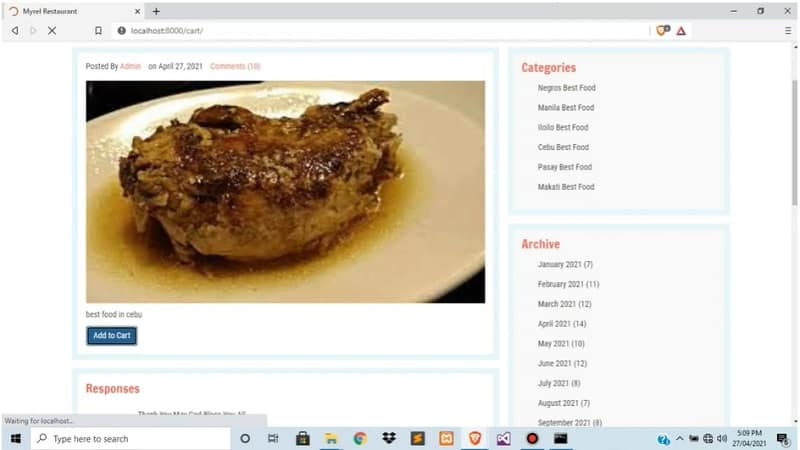
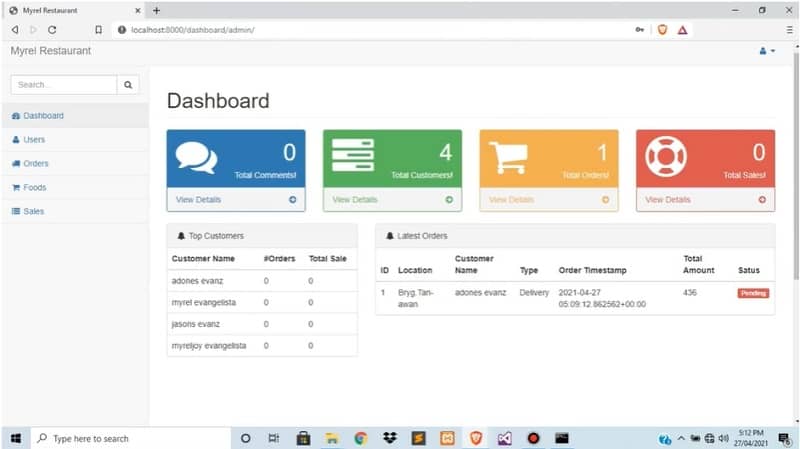
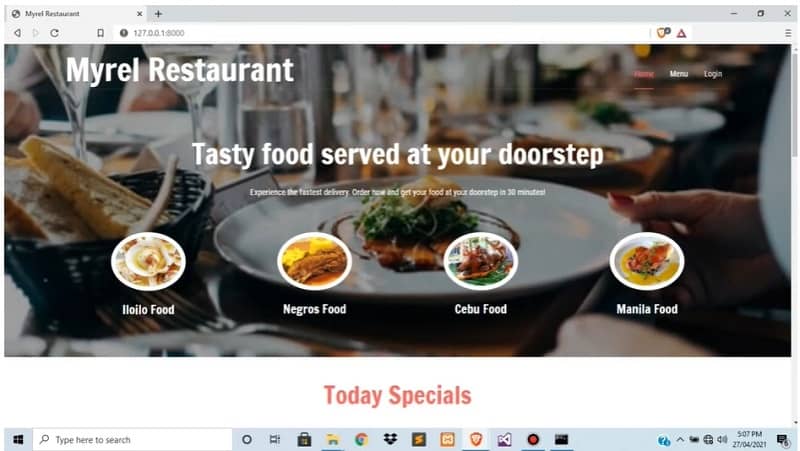
| About Project | Project Details |
|---|---|
| Project Name | Restaurant Management System Project in Django |
| Python version (Recommended) | 3.8 Version |
| Programming Language Used | Python Django Language |
| IDE Tool (Recommended) | Sublime, Visual Studio, PyCharm |
| Project Type | Web Application |
| Database | SQLite |
| Link Download | Download |
Conclusion
In the competitive landscape of the restaurant industry, staying ahead requires adopting efficient solutions that enhance customer experiences and operational management. A Restaurant Management System developed using Django can be a game-changer for restaurateurs, offering streamlined order processing, inventory control, reservation management, and insightful analytics.
With its rapid development capabilities, robust security measures, and scalability, Django proves to be the ideal framework for building comprehensive and tailored management systems that give restaurants the edge they need. So, if you’re looking to propel your culinary business to new heights, consider embracing Django’s prowess and transforming your restaurant’s operations.

